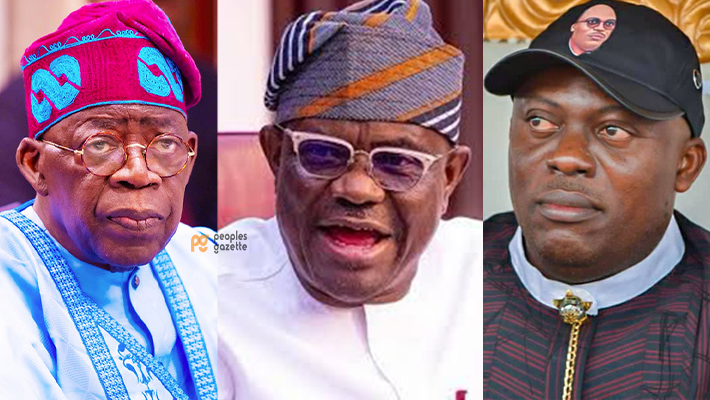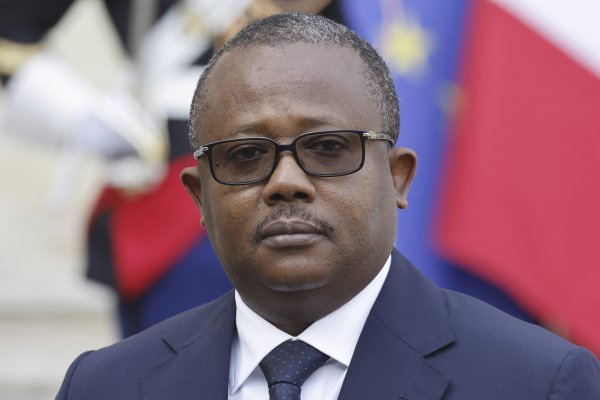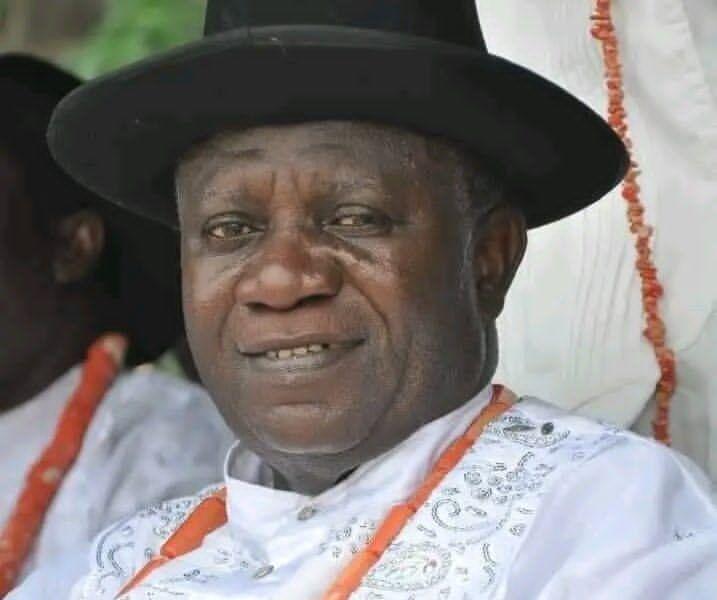The Many Sides of Rivers' State of Emergency and the Suspension of the Executive and Legislative Arms of Government

Historically, there's been several declarations of State of Emergencies in Nigeria. In 1962, the was a declaration of State of Emergency by the then Prime Minister of Nigeria, Sir Tafawa Balewa in the Western Region of Nigeria resulting in the suspension of ALL government apparatus and consequent removal of regional officials.
Similarly, on the 18th of May 2004, the then President Olusegun Obasanjo declared a State of Emergency in Ekiti and Plateau States, suspending democratically elected government in both states. However, in 2013, President Goodluck Jonathan declared a State of Emergency in Adamawa, Borno and Yobe States but left the democratic structures in place. This was a radical departure from the two previous scenarios.
It's imperative at this juncture to cast a light at the meaning of the term, "State of Emergency". It's the suspension of normal law and order procedures thereby introducing strict control over the people usually using the military apparatus in order to curtail and control a crisis situation, insurrection, revolution, insurgencies, etc.
The 1999 Constitution of the Federal Republic of Nigeria (as amended) did not copiously define the term, "State of Emergency". However, Section 45(3) paints a close picture of the term. It refers to a period in time where there's a Presidential Proclamation as empowered by Section 305. Meanwhile, Section 305 prescribed the procedures and conditions for such declaration but does not provide the definition of a State of Emergency. However, to be clothed with a level of understanding of the term, "State of Emergency" the community reading of Section 45(2) of the 1999 Constitution of the Federal Republic of Nigeria provides a bit of understanding. This provides that during a State of Emergency certain Fundamental Rights as contained in Chapter of the Extant Constitution of Nigeria shall be derogatory from, limited or outrightly denied.
Section 305(3) of the 1999 Constitution of the Federal Republic of Nigeria provides the following as conditions precedent to a declaration of a State of Emergency by the President:
a) When the Federation is at war
b) when the Federation is in imminent danger of war or involvement in a State war.
c) when there is an actual breakdown of public order or public safety in the Federation or any part thereof to such an extent as to require an extraordinary measure to restore peace and security.
d) when there is a clear and present danger of an actual breakdown of public peace and public safety in the Federation or in any part thereof, requiring extraordinary measure to avert such danger
e) when there is an occurrence or imminent danger, or the occurrence of disaster or natural calamity affecting the community, any section of the community in the Federation.
f) When there is any other public danger which clearly constitutes a threat to the existence of the Federation
g) when the President receives the request to do so in accordance with subsection 4 of this Section
It's however important to note that the Proclamation or declaration of a State of Emergency by the President is not absolute. Section 305 which empowers the declaration by the President also provides the procedures for its efficacy. The president MUST issue the declaration from a published official gazette and immediately transmit same to the President of the Senate and the Speaker of the House of Representatives who are to convene their respective Houses to consider and approve the declaration.
In considering whether the declaration of a State of Emergency by the President necessitates the removal of States institution is another kettle of fish altogether. The real question begging for answer is, whether Section 305 of the 1999 Constitution of the Federal Republic of Nigeria (as amended) is a double Canon empowering the President to declare a State of Emergency and also suspend elected officials of state.
It's imperative to emphatically state at this juncture that there is a very wide margin between the phrases; REMOVAL FROM OFFICE and SUSPENSION FROM OFFICE. A panoramic view of the entire contents and provisions of the 1999 Constitution of the Federal Republic of Nigeria (as amended) has no specific as to the power of the President to REMOVE any elected official from office. However, it must be noted that Section 305 is not a mere academic exercise. It is intended to achieve specific purposes as copiously listed in the Subsections.
The purpose therefore as provided must achieve its full potential. The President is clothed with the responsibility to ensure peace and safety of lives and property. For this to be done, the President may decide to use the instrumentalities of the military in order to restore peace and order to the affected State where a State of Emergency has been declared.
MACKSON ODE ESQ
AIMC, Arb, MIT
#penglobaldiscourse #Rivers



